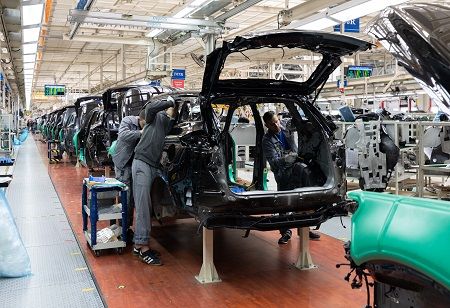
BYD is in talks with Indian conglomerates Reliance Group and Adani to establish a domestic manufacturing presence. Manufacturing locally will not begin until 2025 at the earliest. Up to that point, the company's main focus will be on growing its range of products and increasing brand recognition.
Rajeev Chauhan, head of Electric Passenger Vehicles (EPV) Business at BYD India told our sister publication Autocar Professional in a recent interaction that "BYD is keen to start full-scale manufacturing. Until that is finalised, we will continue offering our global products to Indian consumers."
At present, the renowned automotive firm has a small assembly facility in Tamil Nadu but heavily depends on fully built imports because of homologation difficulties. In 2023, the Department of Revenue Intelligence fined the company $9 million for not meeting the conditions necessary to qualify for reduced tax rates on imported car parts.
Due to imports, BYD India has experienced low sales volumes, with the company delivering more than 2,300 units in 2023 and 2,000 units by September 2024. Chauhan is positive and anticipates a 40 percent increase in sales by the end of the year, aiming to achieve 10,000 units annually within the next two years.
BYD also intends to broaden its range of products and grow its network of dealerships from 27 to 47 next year, with an emphasis on entering tier II cities while still being present in major cities.
After introducing the Seal sedan this year, BYD India has smartly expanded its product range by including a downsized battery variant of the Atto 3 SUV, leading to a reduction in its initial cost. Later this month, the company will launch the eMax 7, a 7-seater MPV that is built on the foundation of the current E6 model.

